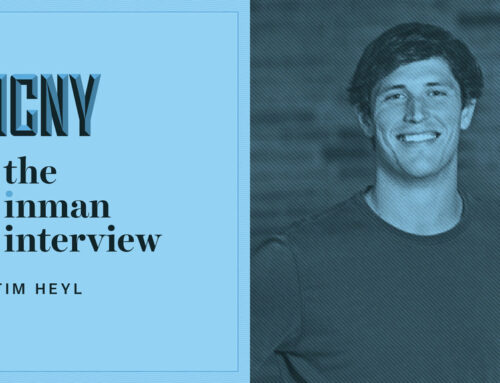Keller Williams has some of the most successful agents on the planet, in part because they’ve embraced key organization habits for maximum productivity. A poll by Office Depot found that this isn’t unique to real estate agents. In general, 82% of people felt the more organized they were, the better they performed in the workplace.
Luckily, organization isn’t an attribute you’re born with, but rather a skill that can be learned. All you have to do is be consistent over the course of 66 days to create habits that put you on a path to success. Here are six organizational habits that top agents teach their teams that you can learn from too.
1. They Keep Their Goals at the Forefront
Top agents understand that a goal-oriented mindset is essential to achieving every milestone they want to reach. And with it, they need to have strong organizational habits. They are able to produce huge results, because everything is organized around their big goal, or ONE Thing. Similarly, focusing on your ONE Thing enables you to let go of the nonessential items that create clutter and derail you from a productive path.
2. They Use the 80/20 Rule to Organize Their Priorities
When creating time blocks, top agents use the 80/20 Rule to organize their schedule. The 80/20 Rule, discussed in detail in The Millionaire Real Estate Agent (p. 98), is based around the idea that 20% of your work tends to produce 80% of your results. Productive workers identify their most important 20% tasks and organize their workday around getting them done first and foremost. The rest can be handled later or delegated to someone else.

3. They Surround Themselves with the Right People
No matter how productive and organized you are, it is impossible to make big things happen all on your own. Top agents not only recognize this but make a point to surround themselves with other organized individuals that have the strengths and skills they may lack. Then, they delegate out tasks accordingly, so that everyone is working toward the same goal and ramping up the productivity of everyone as a whole.
Delegation means having the RIGHT people on your team, beginning with an assistant.
“The first, and arguable the most important, hire you should make as a real estate agent or entrepreneur is an assistant,” shares mega agent Adam Hergenrother. “It’s the first point of leverage that allows you to start working in your strength zone and on the 20% of tasks that make the most impact on the bottom line of your business.”
4. They Make Time Management a Daily Activity
Time blocking is a way of focusing on your most important tasks by breaking them down into individual segments so that they get taken care of in succession. Each time block contains a single task and an allotted amount of time for completing it. Scheduling your most important tasks for the morning (when you’re the most productive) is one habit that top agents never break.
5. They Adopt a System for Following Up
In real estate, as with many other industries and occupations, following up with leads and clients is crucial to success. Lack of organized communication costs agents significant, potential business.
Many real estate teams have utilized customer relationship management systems (CRMs) that can be used to automatically follow up and keep leads organized. However, traditional CRMs have fallen short. Keller Williams has devised a solution in Command – an end-to-end operations system – that includes applications like SmartPlans to automate the functionary aspects of your business so you can focus on cultivating deeper relationships with your clients.
No matter what tools they decide to use, top agents have a system for following up with contacts, and they stick to it.
6. They “Unitask” Instead of Multitask
Contrary to popular belief, multitasking actually slows down a person’s productivity rather than speeds it up. It can also lead to all-around subpar results.
Why?
When we multitask, our brains just can’t think in an organized way. We end up expending a lot of energy by switching our focus back and forth. Top agents recognize this and make it a habit to do one thing at a time. Even though their phone is a vital part of their business, when something needs to get done, they put all their focus on the task at hand and put the device to the side. The same goes for all other distractors.
Geoff Woods, vice president of The ONE Thing, offers a great solution for avoiding temptation or straying from the task at hand – a bunker.
“If you have an office with a door, close it. That’s your bunker. When you close the door, there are mines everywhere that come in the form of tech and other people. Sweep for them right away. Also, enlist support. Let others know you’re going into your bunker and see if they need anything before you focus on your ONE Thing.”
Ready to start creating good organizational habits?
Visit The ONE Thing blog for additional resources and strategies centered on the surprisingly simple truth behind extraordinary results.






